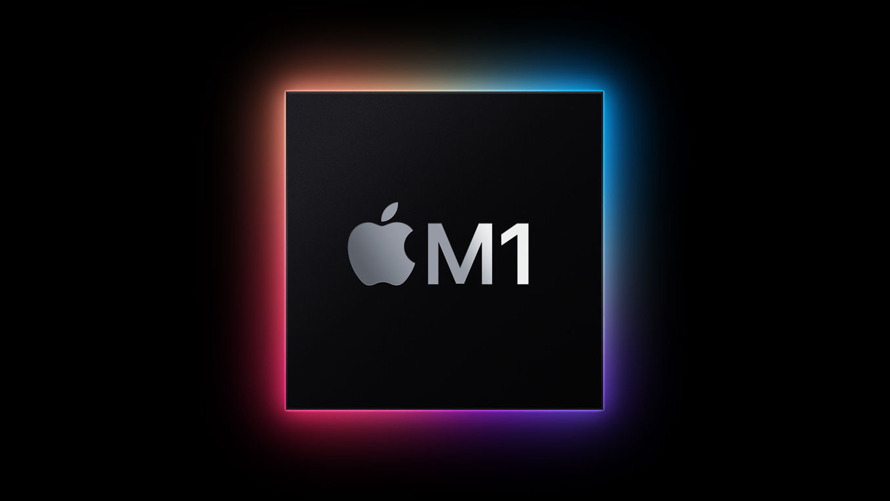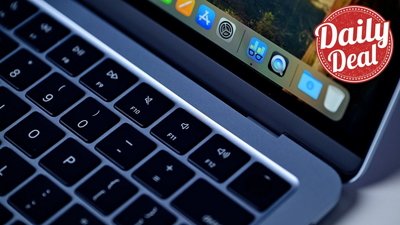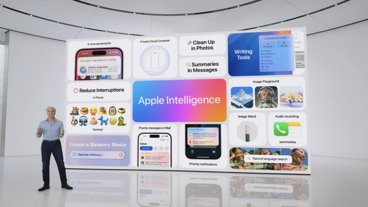Apple with the latest macOS Big Sur release has blocked sideloading of iOS apps on Macs running M1 chips, again preventing users from installing iPhone and iPad apps on its desktop operating system.
The tech giant first constructed hurdles against sideloading in January with server-side protections barring manual installs of iOS and iPadOS apps. Lifted four days later, the ban was expected to see reinstatement with the release of a subsequent macOS update.
As noted by 9to5Mac, the latest version of Big Sur 11.2, issued last week, again activates the server-side block. Further tests show the sideloading policy extends to the current macOS 11.3 beta.
Apple's M1 chip shares an architecture with the company's A-series silicon, making it relatively simple to run existing iOS apps on the desktop platform. Developers who do not wish to distribute their wares on macOS, whether it be for technical or marketing reasons, can opt out of presenting software on the Mac App Store.
Users eager to access popular iOS apps like Facebook, Instagram and Netflix on macOS discovered a workaround that involved downloading and installing IPA files. Apple's server-side restriction renders that process ineffective.
Attempting to install an IPA file now triggers a warning message that reads, "This application cannot be installed because the developer did not intend for it to run on this platform."
Apple has not issued an official comment on sideloading iOS apps on M1 Macs, though it appears that the new policy against such action is permanent.
 AppleInsider Staff
AppleInsider Staff








 Malcolm Owen
Malcolm Owen
 William Gallagher
William Gallagher

 Wesley Hilliard
Wesley Hilliard



 Christine McKee
Christine McKee



-m.jpg)




16 Comments
Attempting to install an IPA file now triggers a warning message that reads, "This application cannot be installed because the developer did not intend for it to run on this platform."
I disagree profoundly with
I appreciated very much what Jason Snell wrote recently in one of my Macworld issues. While he did appeal for patience on the part of M1 users who would love to side load apps they've paid for, he also appealed to developers to err on the side of freedom, or at least invest more time in making their apps work better on the Mac if indeed they feel they have legitimate reasons for blocking side loading for now.
The fact is, side-loading is part of the fun of using Apple Silicon in these early days of the chips. We all know such fun eventually gets crushed, but this is quite early in the game, and in my opinion too early. Let M1 users have some fun.
Side loading can be theft if you have not paid for desktop version. Respect the software developers by not stepping all over their rights.
This is my question:
I have both a Mac mini and MacBook Air with Apple Silicon and the iOS apps a offered for install via the Mac App Store are not the same. There are some that appear on one and not the other.
Since they both are specced the same they should both offer the same apps, right?
And as far as whining by developers, Apple should clearly show on the iOS App Store if the app runs on the Mac. Either develop Mac apps or let your iOS apps run on Apple Silicon Macs. eero comes to mind…
Some of us do not want to set up and run our networks from iOS.